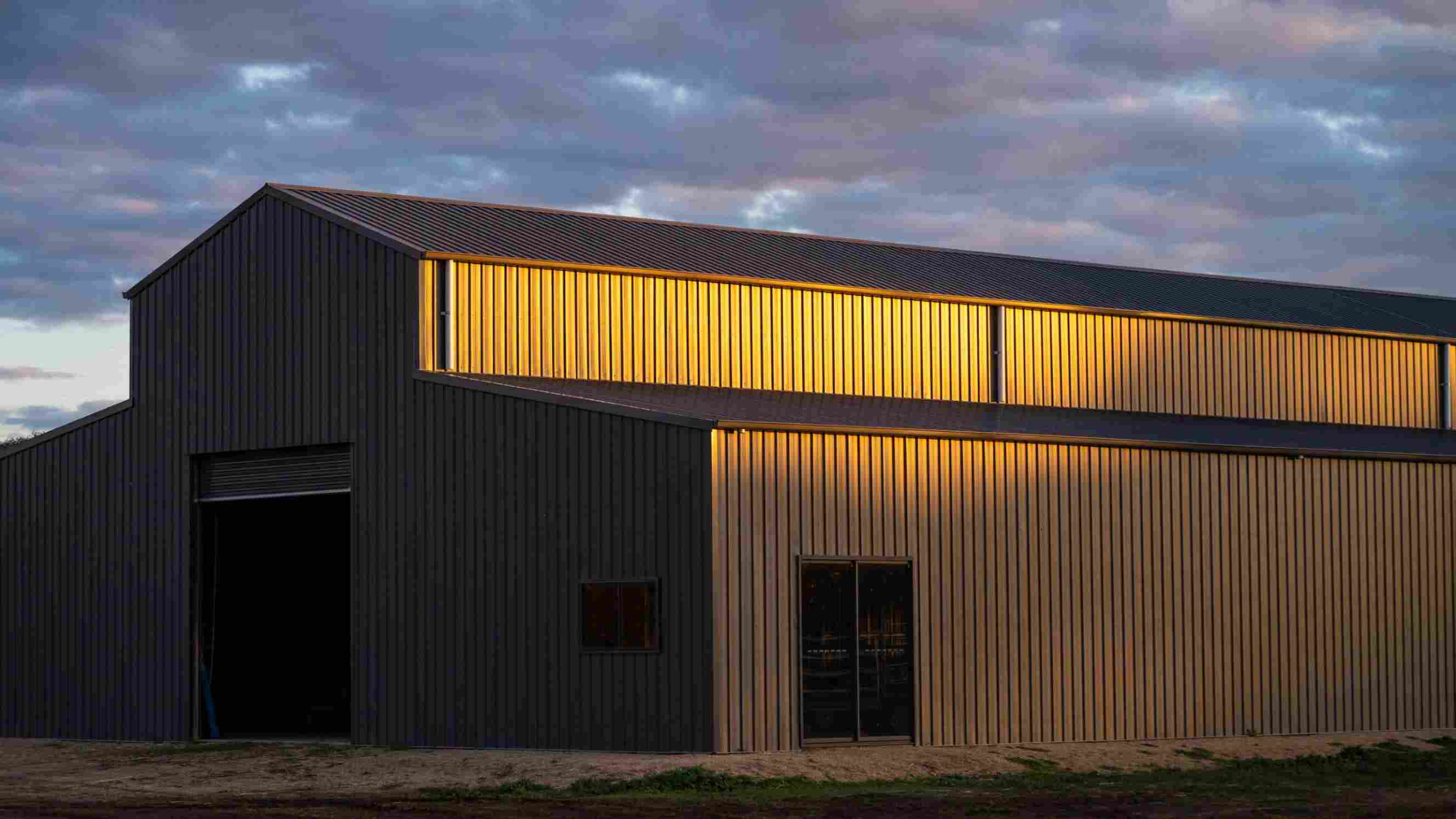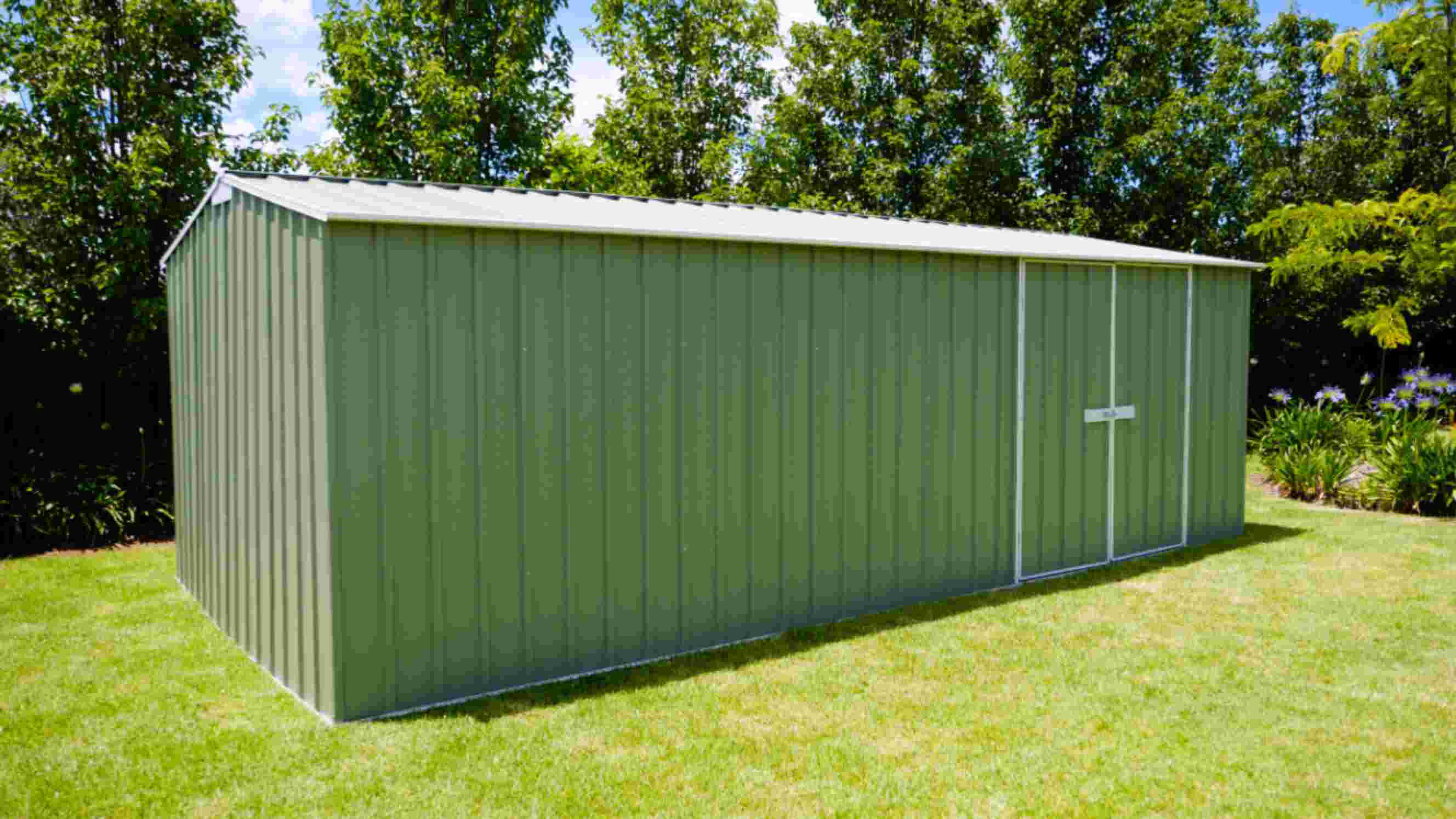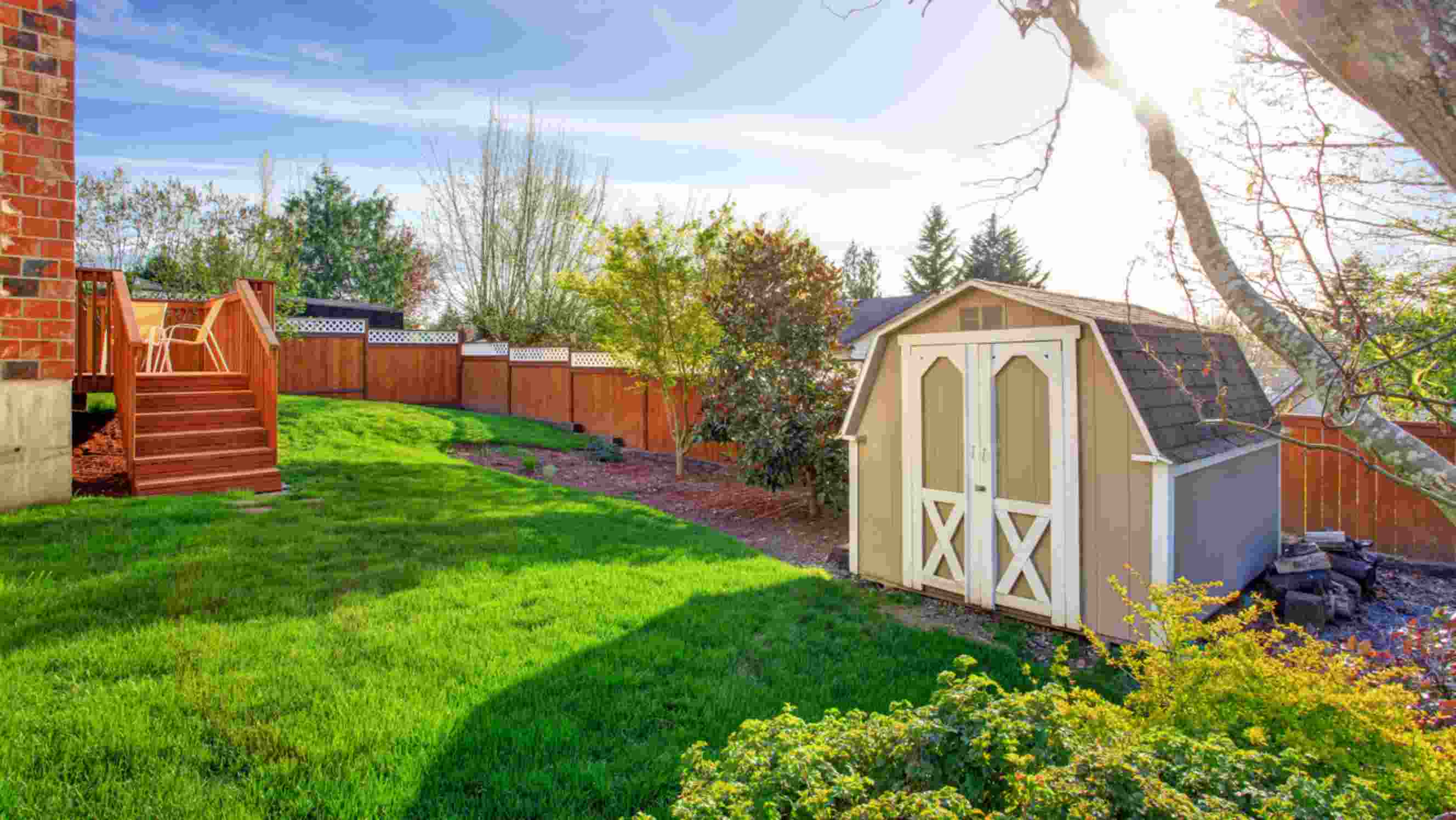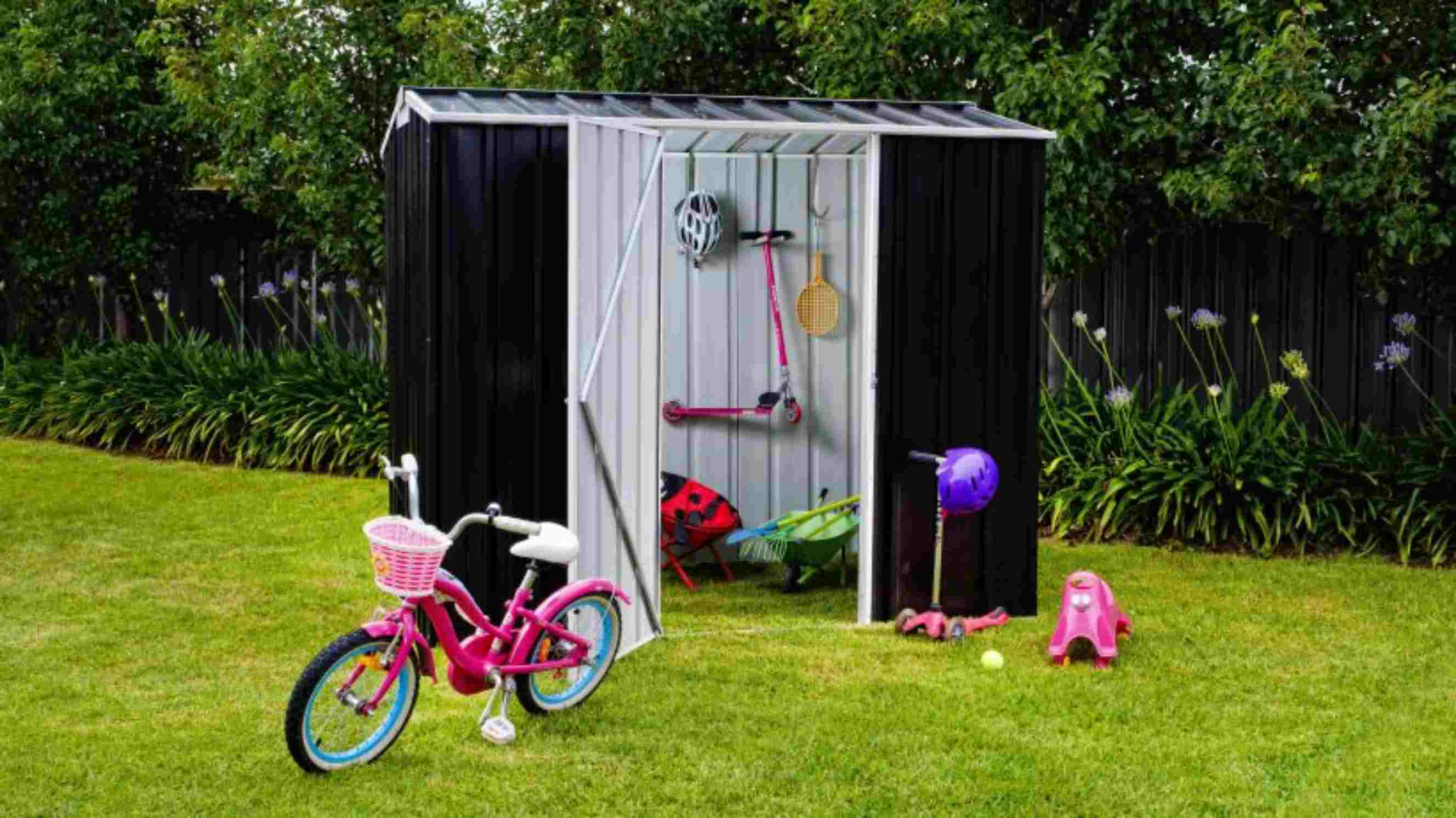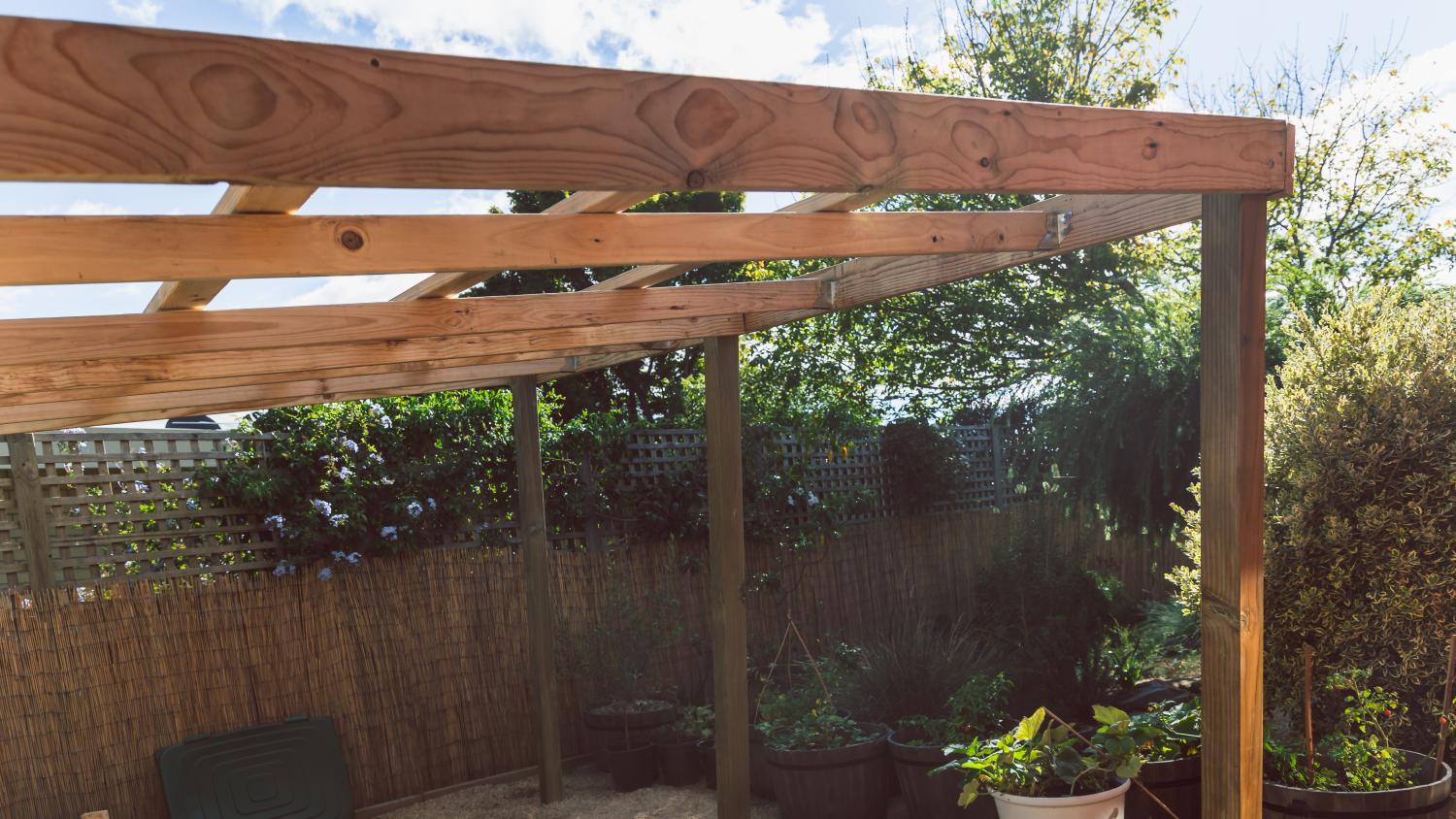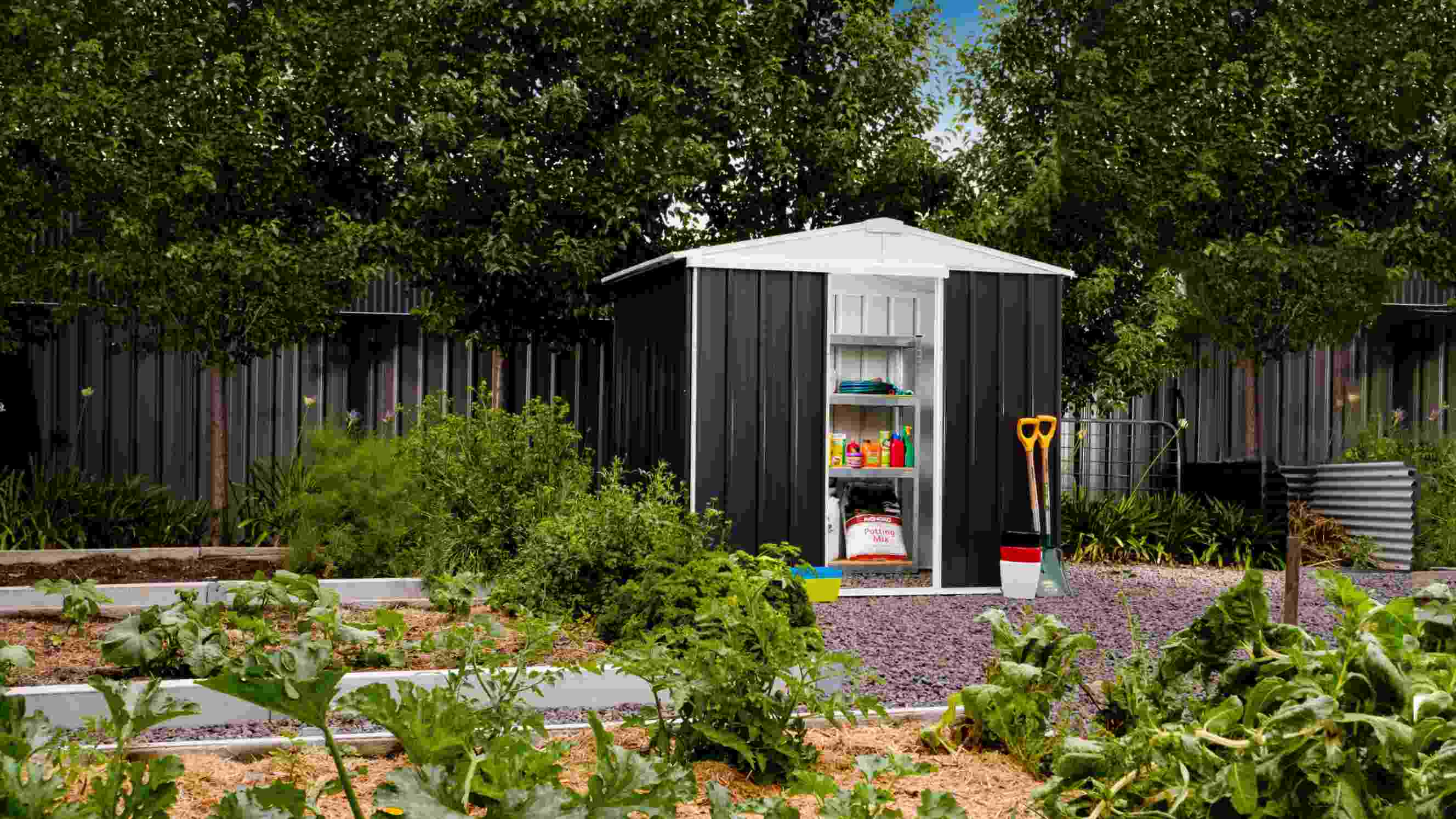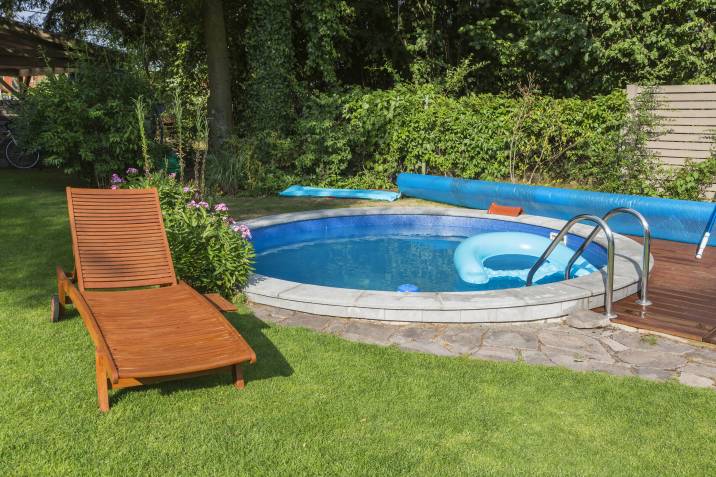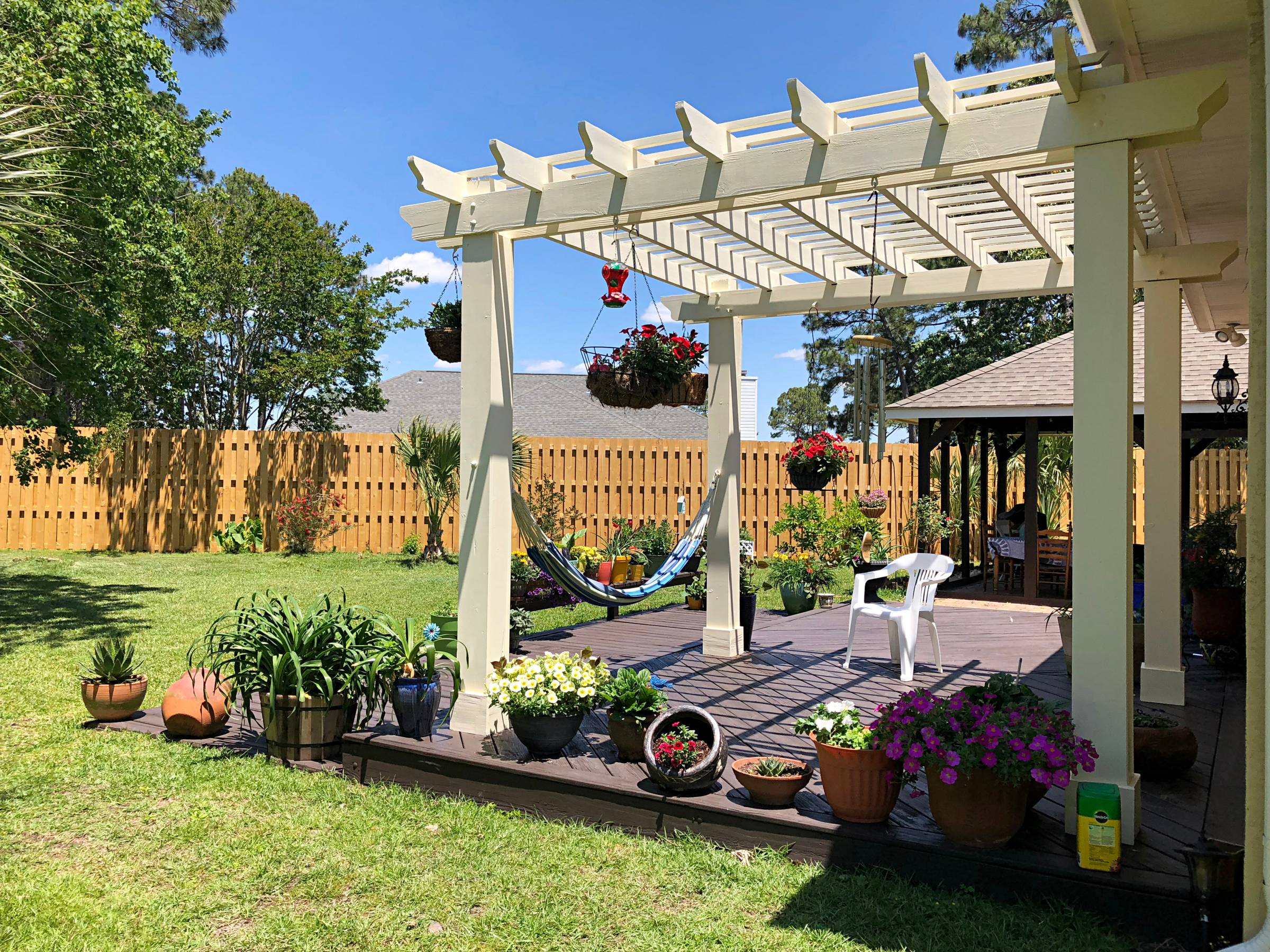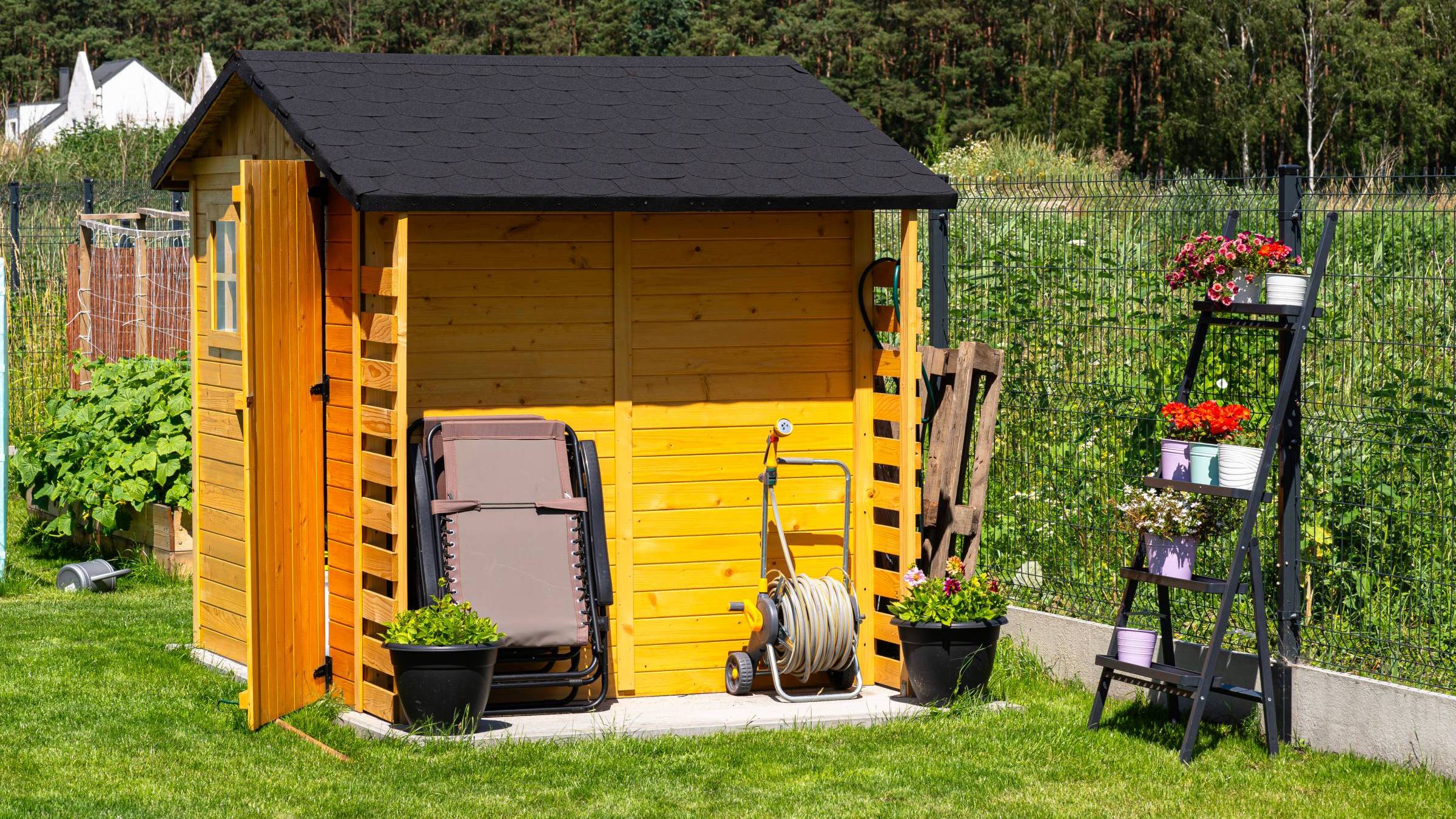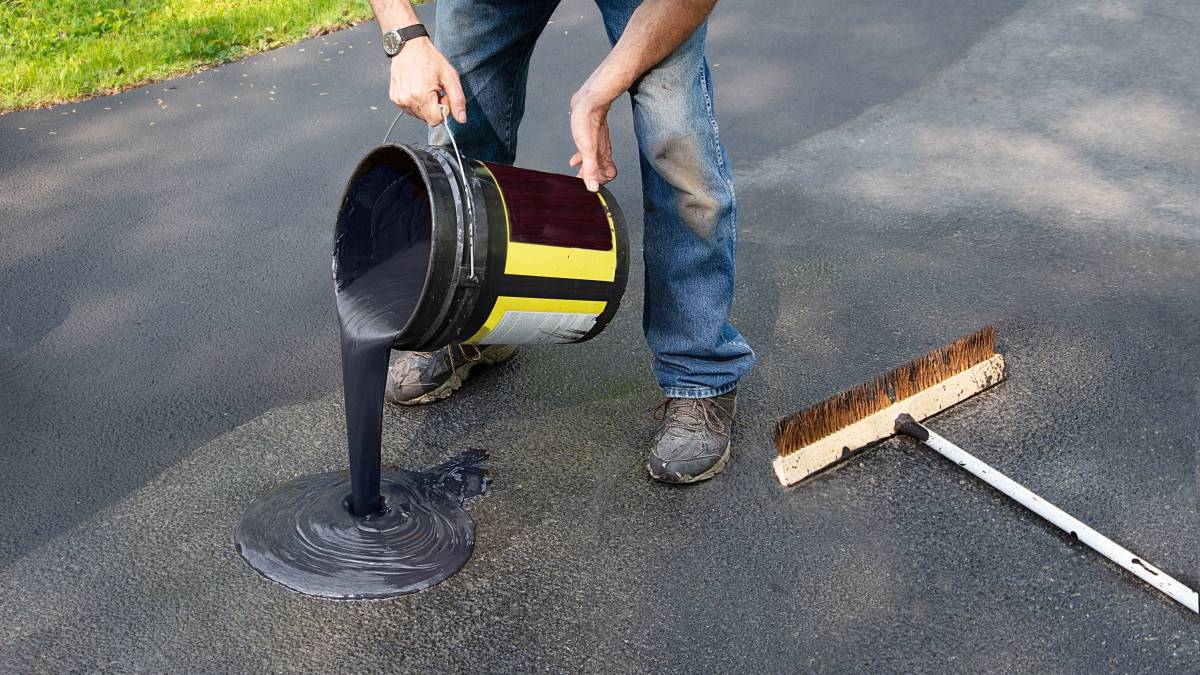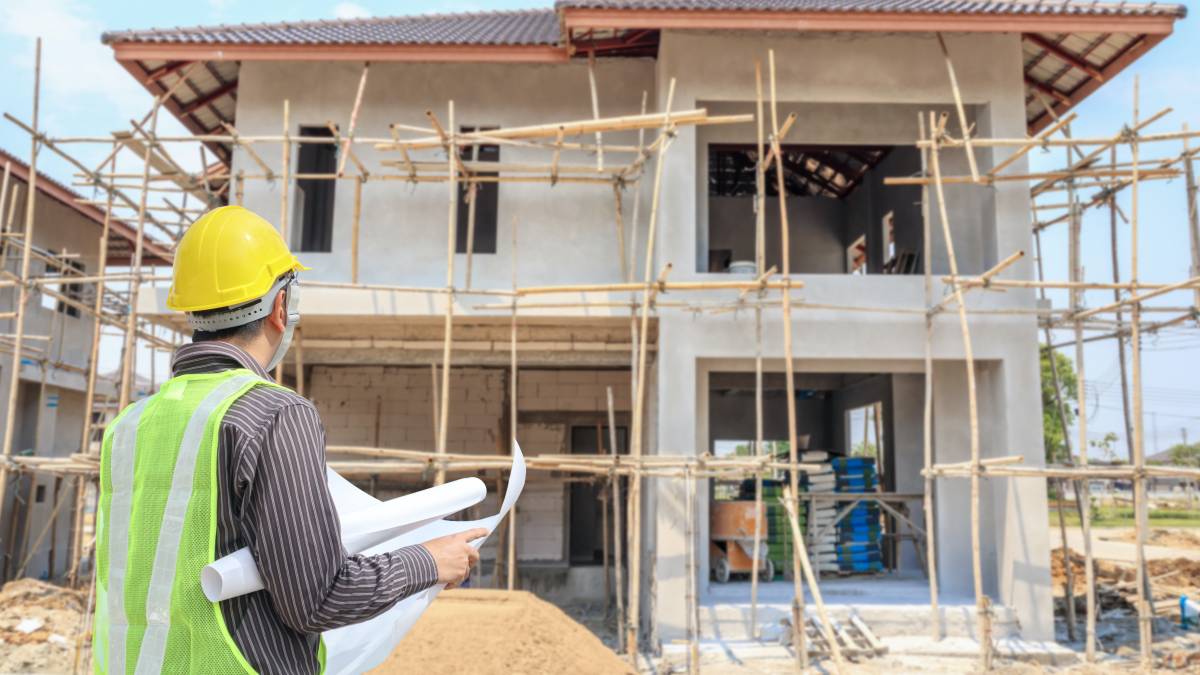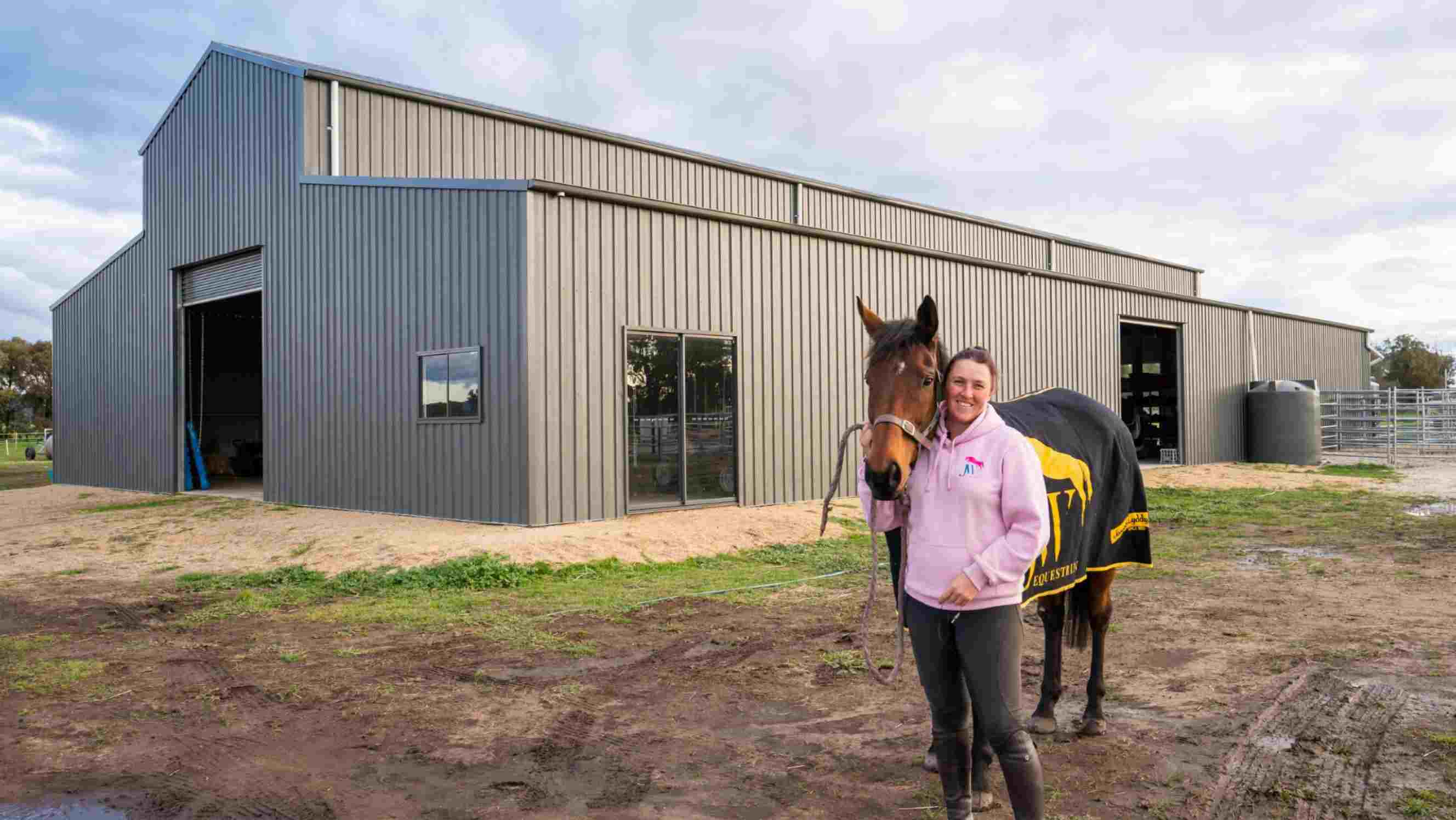
- Home/
- Comparisons/
- Shed Installation/
- Barn vs Shed
Barn vs shed: Which one best fits your needs?
Comparing barns and sheds based on size, purpose, construction materials, and more.
Last Updated on

Written by Ma. Donna Dane B.
Contributor
Read more about our contributor
Key Facts
- A barn is a spacious structure that can accommodate tools, vehicles, livestock, and even commercial or living spaces.
- A shed is a more compact structure that’s used to store tools, equipment, household items, and smaller vehicles.
If you’re looking to add a bit of extra space to your property, you may be considering which is the better option between barn vs shed. Both of these options can give you more room for tools and other items you want to store, and they can even serve as versatile areas for hobbies or animals.
Deciding between a shed vs barn can be a head-scratcher when you have to think about size, purpose, cost, and more. But don’t worry–in this guide, we’ll cover their key differences to help you make the right choice for your needs.
What’s a barn?
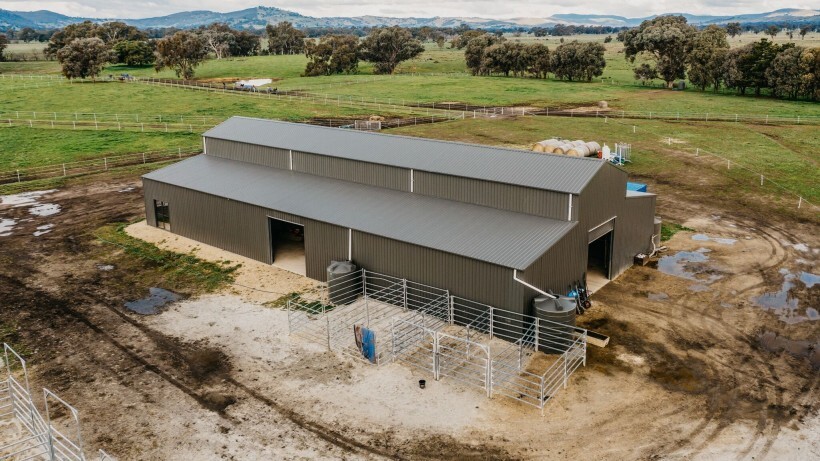 While barns have historically been used for agriculture, they now serve a range of purposes, including hobby gardens, workshops, event spaces, and even converted homes (Source: Easyshed)
While barns have historically been used for agriculture, they now serve a range of purposes, including hobby gardens, workshops, event spaces, and even converted homes (Source: Easyshed)
A barn is a large structure traditionally found on farms. It serves as a storage space for hay, crops, and farm equipment. It also has stables for livestock like cattle, horses, and sheep. Because of its significance in farm life and agricultural business, barns are even viewed as cultural artifacts in history and society.
While most Aussie barns have deep roots in agricultural use, today they’re just as likely to be used for a range of purposes like hobby gardens, workshops, or even event spaces and converted homes. They’re usually built from durable materials like wood or metal, offering a spacious interior and featuring high roofs or multiple levels to maximise storage.
What’s a shed?
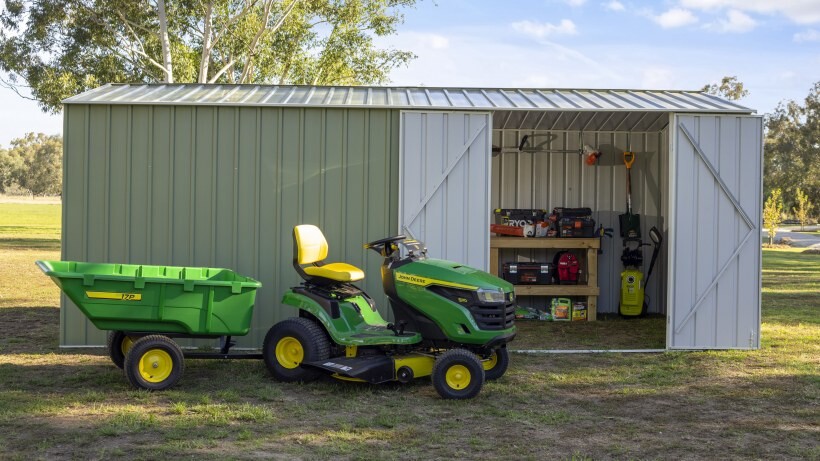 Sheds are ideal for storing tools, gardening equipment, and household items (Source: Easyshed)
Sheds are ideal for storing tools, gardening equipment, and household items (Source: Easyshed)
Sheds are smaller structures used for storing tools, gardening equipment, outdoor furniture, small vehicles, or other household items. They’re perfect for homeowners looking to declutter or organise their outdoor area, as they provide easy access to frequently used items without taking up too much space.
Sheds are usually made from wood, metal, or plastic, and come in a variety of shapes and sizes to suit different needs. Agricultural sheds also exist, but for the most part, sheds are simple and functional, offering just enough space to store essentials without the larger footprint of a barn.
Shed vs barn: Is there a difference?
Sheds and barns differ in the way they’re constructed, regulated, and more. Understanding these differences will help you decide on the better option for your property.
In terms of size
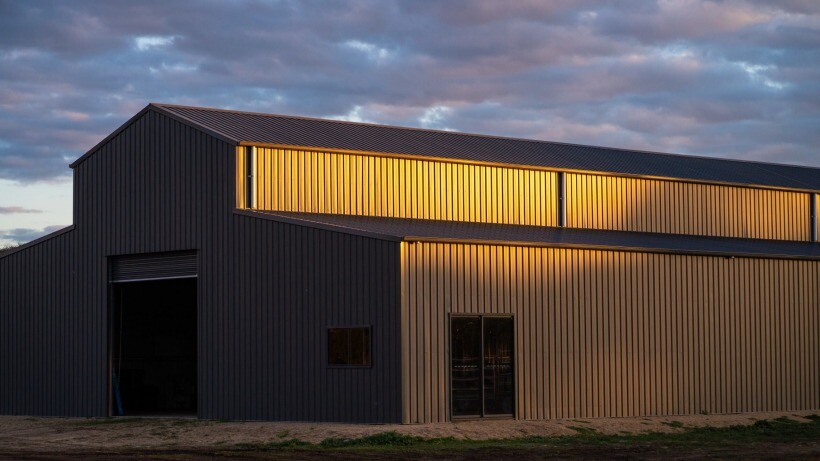 Barns are larger than sheds and often used to house livestock, large farm equipment, or bulky items (Source: Easyshed)
Barns are larger than sheds and often used to house livestock, large farm equipment, or bulky items (Source: Easyshed)
Barns are larger than sheds, as they’re often designed to house livestock or large farm equipment. Their spacious interiors and high ceilings make them ideal for people who need room to move around or store bulky items. Barns can range from modest-sized structures to massive multi-level buildings, depending on their purpose.
In contrast, sheds are more compact for storing smaller items like gardening tools or bikes. They fit neatly into backyards without taking up too much space.
But if you have more space in your property, you can also have large farm sheds. Shed manufacturers like Easyshed have up to 3.75 m x 7.5 m garage sheds that can store larger vehicles like cars and even boats. There are single or double carports too, which measure up to 5.50 m x 5.40 m in size.
In terms of purpose
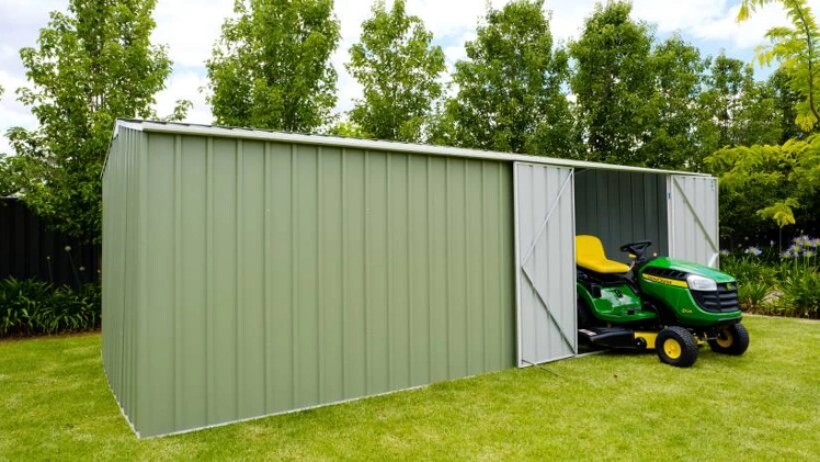 Easyshed's outdoor storage shed for yard tools and equipment. (Source: Easyshed)
Easyshed's outdoor storage shed for yard tools and equipment. (Source: Easyshed)
Barns are traditionally built for agricultural use. This makes them ideal for housing livestock and storing large quantities of hay and equipment on a rural farm. These days, barns can also serve more creative or commercial purposes, such as workshops, event venues, or even homes.
Sheds, on the other hand, are built with simplicity in mind. They’re mainly used for storage—think tools, lawn equipment, or seasonal items that don’t belong in the house.
Larger shed storage solutions like garage sheds are also popular for securely storing vehicles or creating functional workspaces. Easyshed’s range of carports and garages highlights the demand for practical, space-saving options in suburban or urban settings.
In terms of construction materials
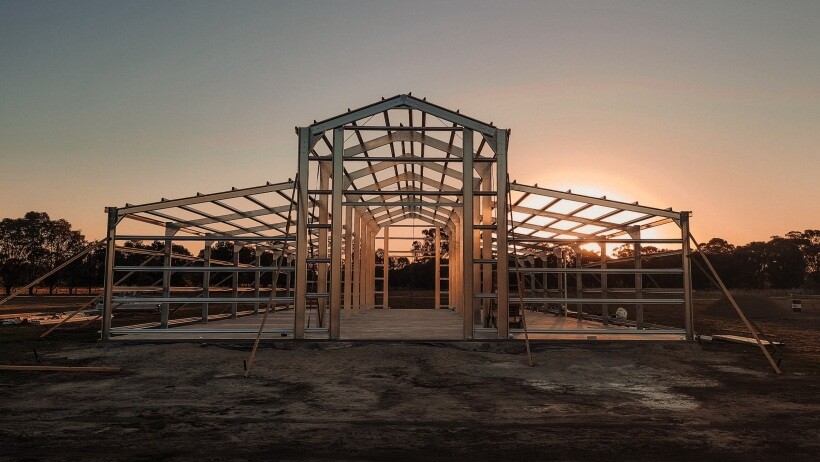 Barns are typically built from premium materials such as steel and timber to ensure strength and resilience (Source: Easyshed)
Barns are typically built from premium materials such as steel and timber to ensure strength and resilience (Source: Easyshed)
Barns are often built from heavy-duty materials like timber, steel, or a combination of both. These premium materials are chosen for their strength and resilience, as barns are designed to withstand extreme weather conditions, protect livestock, and store valuable farm machinery.
Meanwhile, lighter materials such as wood, metal, or even plastic are typically used for shed installation. While wooden or metal sheds offer decent durability and weather resistance, plastic sheds are more affordable, though they might not be as tough in extreme conditions.
As for choosing between metal vs wood sheds, the better material will depend on your purpose and area. The same goes for if you’re considering a timber frame shed vs steel.
In terms of insulation
Barns are often built with insulation in mind to maintain quality. This temperature regulation keeps the interior warm during winter and cool in summer, which is crucial for keeping livestock or creating a conducive environment for workshops. Insulated barns also protect stored items and valuable machinery from moisture and extreme weather conditions.
Sheds aren’t usually insulated, especially if they’re just used for storage. Most types of sheds like modern garden sheds or household sheds, are designed to be functional and budget-friendly, so insulation is often left out to keep costs low.
When building a shed, insulation is usually done if it’s being used for more than just storage, like as a workspace, a hobby room, or a farm shed. You can hire experts to help you out if you’re unsure about the process of how to insulate a shed.
In terms of regulations
 A young farmer conducting a barn inspection. (Source: iStock)
A young farmer conducting a barn inspection. (Source: iStock)
Barns typically require stricter building construction codes and permits due to their size and purpose. Depending on the location, you may need to comply with zoning laws that dictate how and where a barn can be constructed, especially if it’s intended for agricultural use or if it’ll be housing livestock. These building codes and regulations ensure that barns meet safety standards and consider the welfare of the animals.
Conversely, shed regulations are less rigorous. For example, smaller sheds of less than 10 sqm can be built without needing a permit, provided they stay within certain size limits set by local councils. However, it’s important to check local guidelines, as regulations can vary by region.
In terms of cost
For barns, the cost is generally higher due to their larger size and more durable construction. A small to medium-sized barn can range from $30,000 to $100,000 or more, depending on features such as insulation, flooring, or custom designs.
The cost of sheds is significantly lower. A basic, small garden shed made from metal or wood can start around $1,000 to $3,000, while larger, more robust sheds can range from $5,000 to $15,000.
Carports are another economical option, with prices generally between $3,300 and $4,800, depending on size and materials. For example, Easyshed offers carports starting at $1,999 for in-ground installations and $2,299 for slab installations. Their double carports range from $2,899 to $3,199, giving buyers an idea of what to expect when budgeting for this type of structure. Garage sheds, which offer more enclosed storage, often range from $3,200 to $6,200.
Need to build a barn or a shed? Find a professional builder on Airtasker
With the information from this guide, you’re now more ready to decide whether to add a barn or a shed to your property. So, why not make the process easier by finding a professional builder on Airtasker? There are a lot of skilled experts available for you to connect with.
Whether you’re looking for a spacious barn for livestock or a compact shed for storage, Airtasker can connect you with the right professional who can lend a hand. Post your task today and start receiving offers from reliable Taskers who can build the barn or shed of your dreams.
Learn more about our contributors

Written by Ma. Donna Dane B.
Contributor
Donna is an experienced writer and editor with expertise in web content, help guides, documentation, and academic research. She's written professionally for companies and nonprofit organizations in the elearning, agriculture, food, and beauty. Outside of work, Donna explores small business baking, AI governance research, and long-distance running, which influence her writing.
Barn vs Shed
| Barn |
Shed |
|
|---|---|---|
|
Size |
Modest-sized structures to multi-level buildings depending on their purpose |
Compact storage areas that can fit neatly into backyards |
|
Purpose |
Traditionally for agricultural use, but can now be used for commercial and creative purposes, too |
For storing and organising tools, equipment, and seasonal household items |
| Construction Materials |
Heavy-duty materials like timber, steel, or a combination of both |
Lighter and cheaper materials such as wood, metal, or even plastic |
|
Insulation |
Has built-in insulation to regulate temperature for live animals and sensitive materials and equipment |
Not usually insulated, but remains functional and budget-friendly for storage |
|
Regulations |
Requires stricter building codes and permits |
Can be built without needing a permit if they stay within certain size limits set by local councils |
|
Cost |
Medium-sized barns can range from $30,000 to $100,000 |
A small garden shed can start around $1,000 to $3,000 |
FAQs on barns and sheds
A barn-style shed is a storage structure designed to mimic the look of a barn, with a high ceiling and double doors. This design gives it a charming, rustic appearance while maximising headroom and storage space inside. Barn-style sheds are often used for various purposes, including garden storage, workshops, and even hobby spaces.
To turn your old shed into a workshop, start by clearing out any clutter and assessing the space. Then, make sure that the shed is structurally sound by repairing any damage to the walls, roof, or flooring.
You can also install adequate lighting and electrical outlets to power your tools, and consider insulating the walls and ceiling for comfort. Organise the interior with shelves, workbenches, and storage areas to keep your tools and materials easily accessible. Finally, personalise your workshop with paint and decor to create a workspace that inspires you!
To optimise storage in a shed, start by decluttering and removing items you no longer need. Use vertical space by installing shelves and wall-mounted racks, so you can maximise storage capacity. Invest in clear bins or labelled boxes for easy visibility and organisation of smaller items.
Find shed installers, fast
Post a task
Related articles
Related price guides
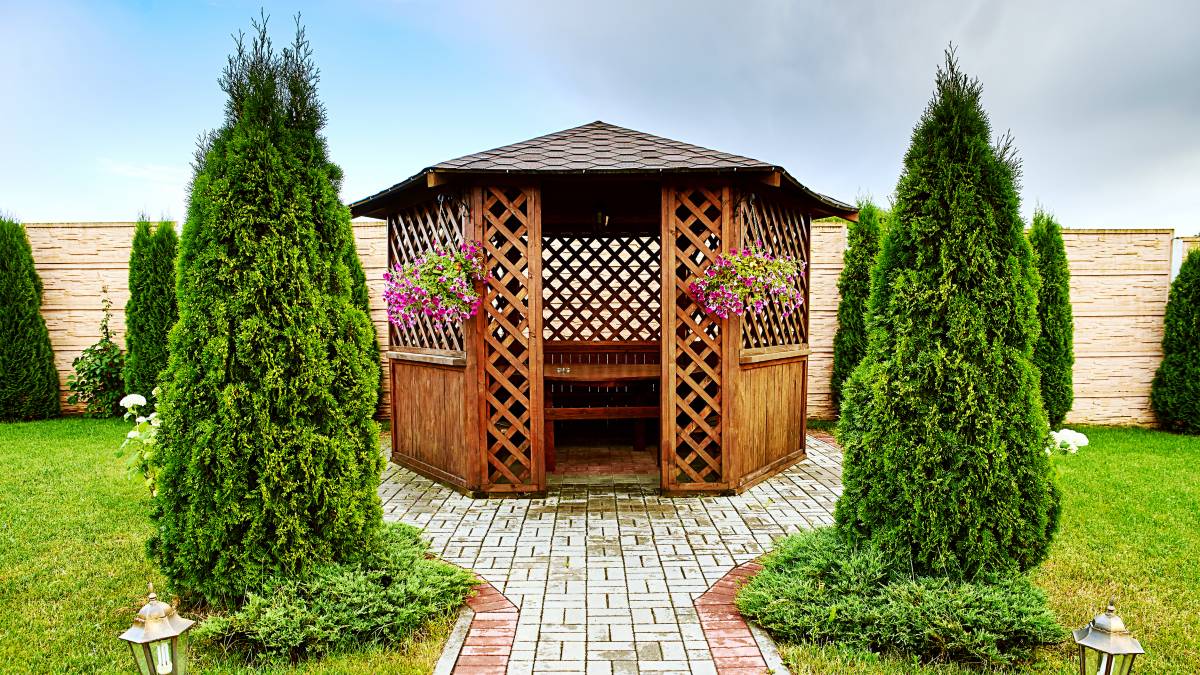
How much does an outdoor gazebo cost?
Read more
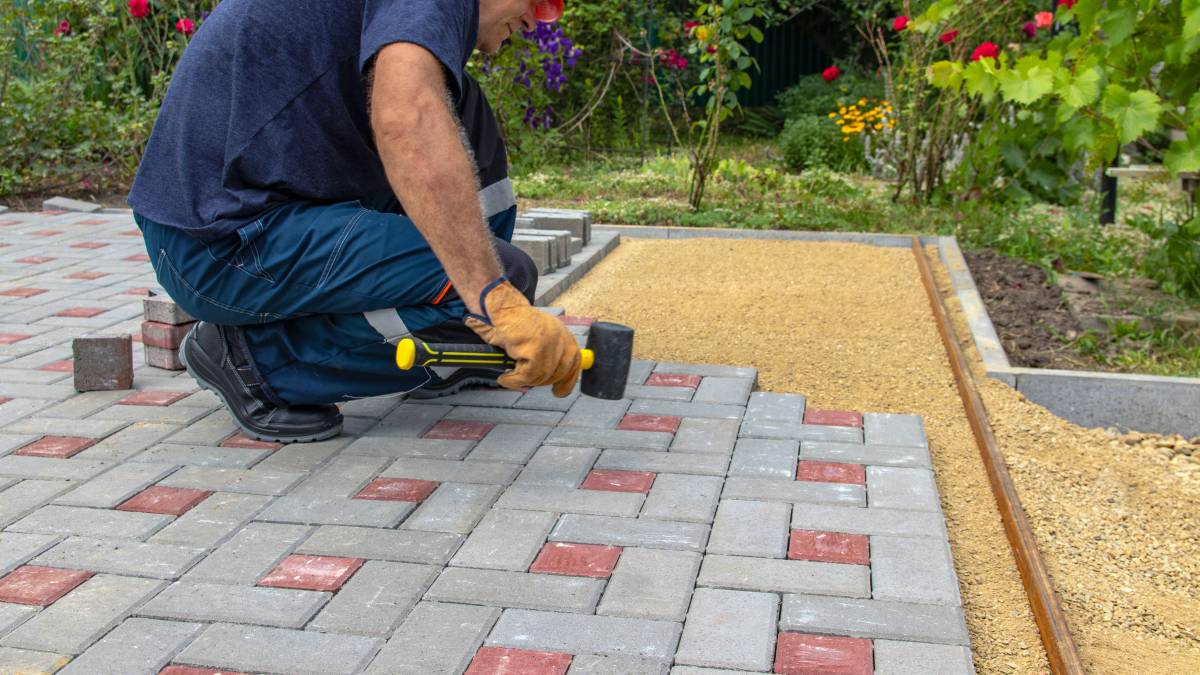
How much do patios cost?
Read more
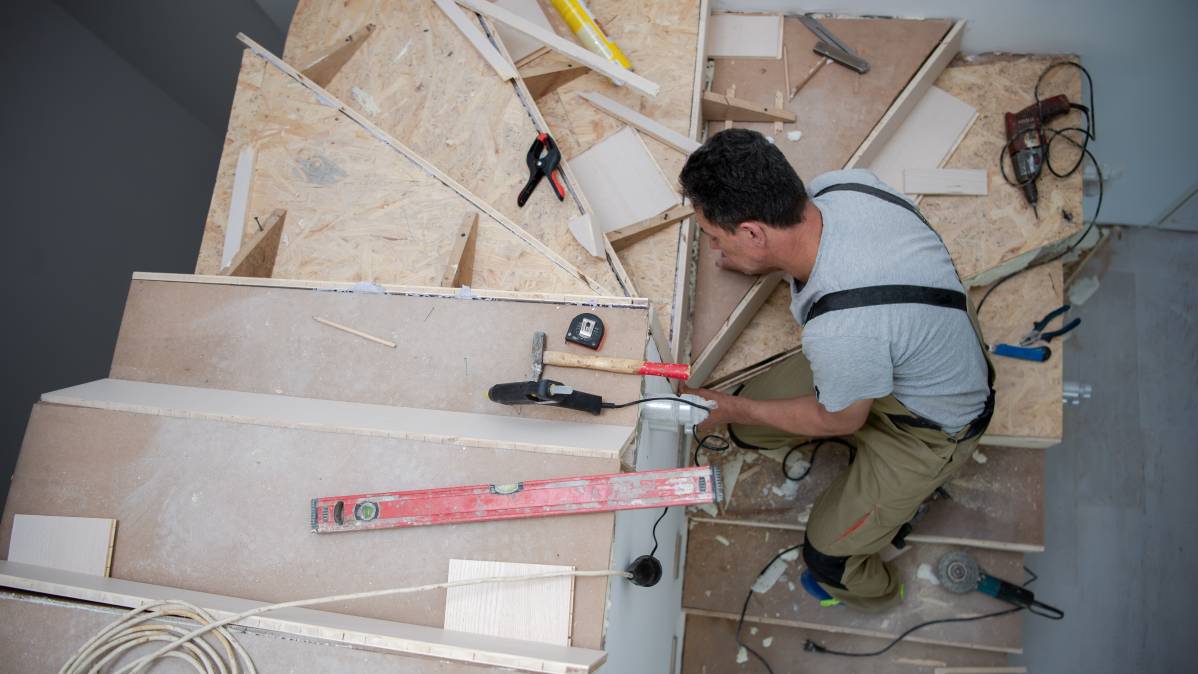
How much does a new staircase cost?
Read more
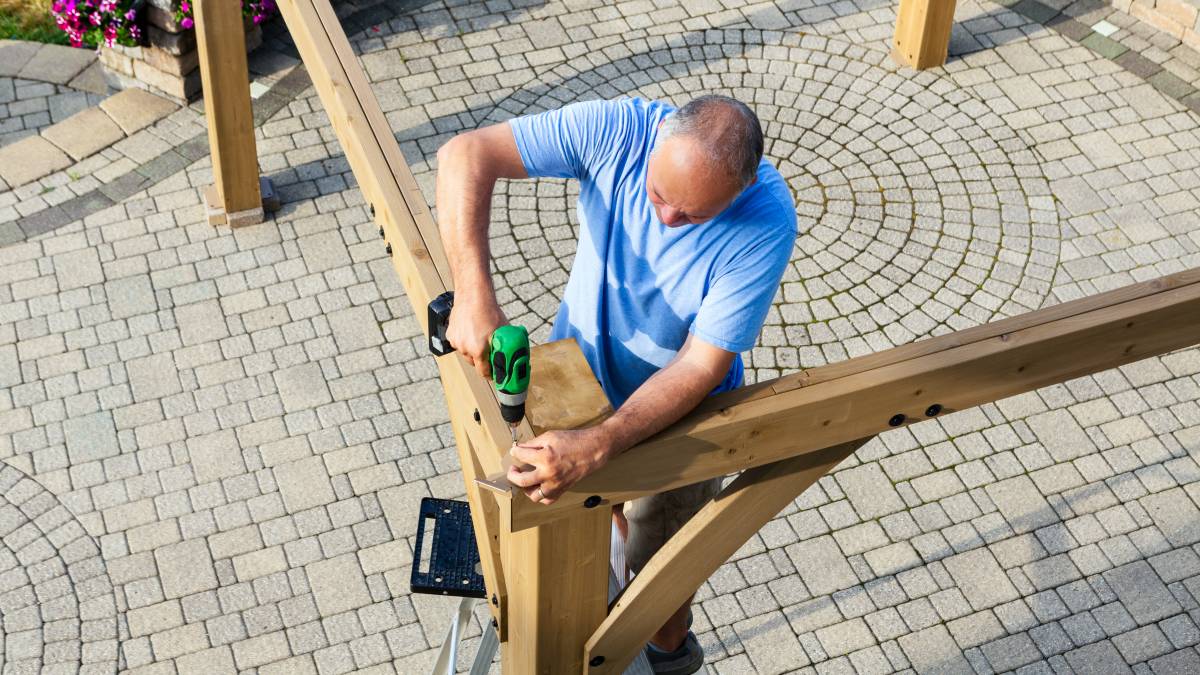
How much does a pergola cost?
Read more
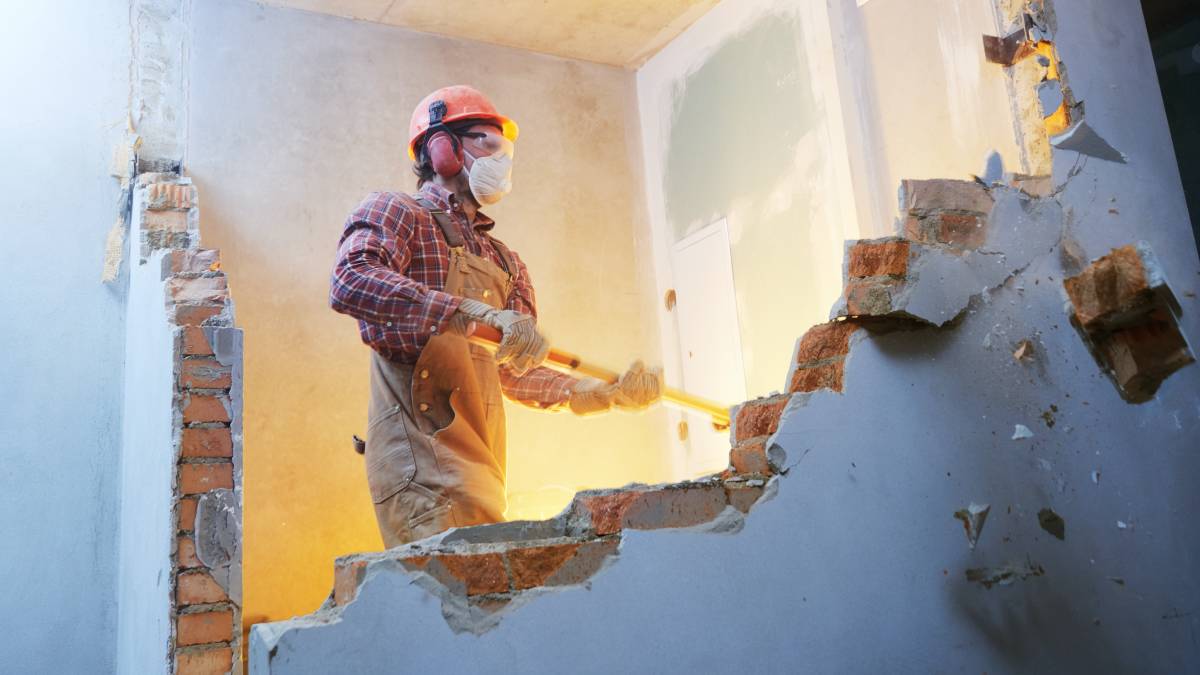
How much does demolition cost?
Read more
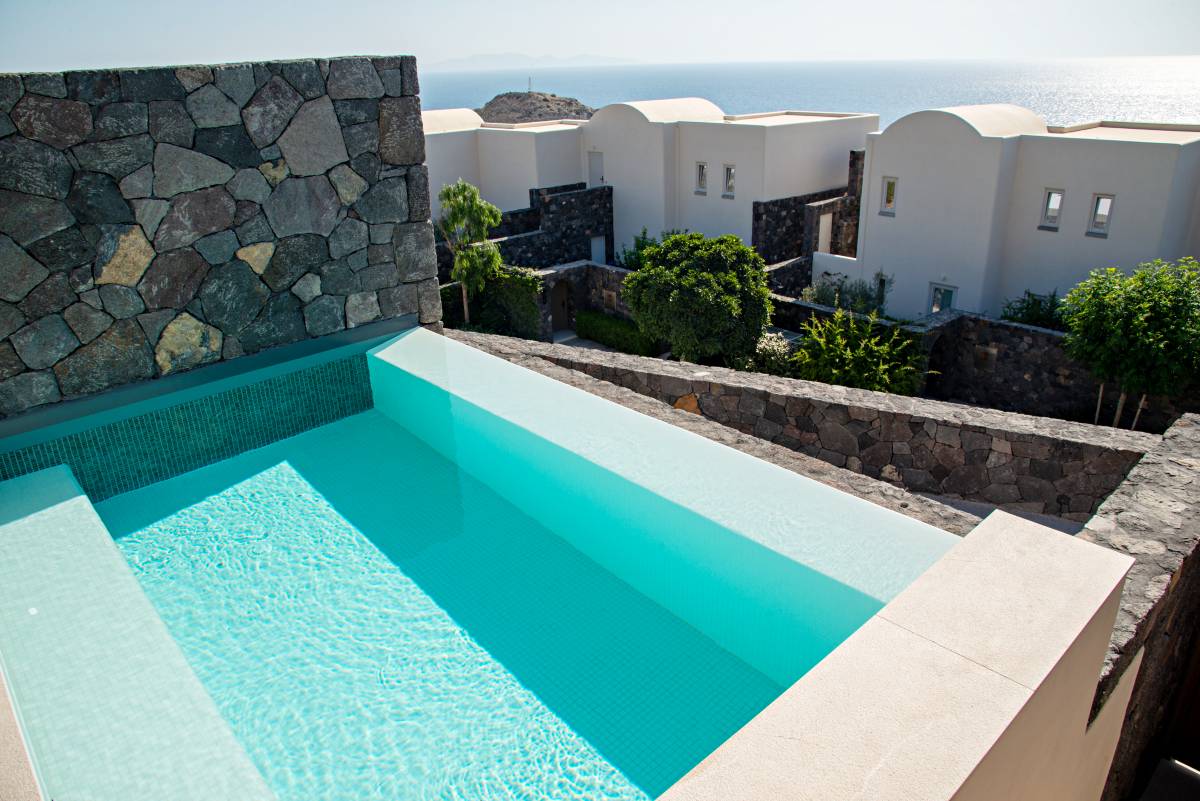
How much does a plunge pool cost?
Read more
